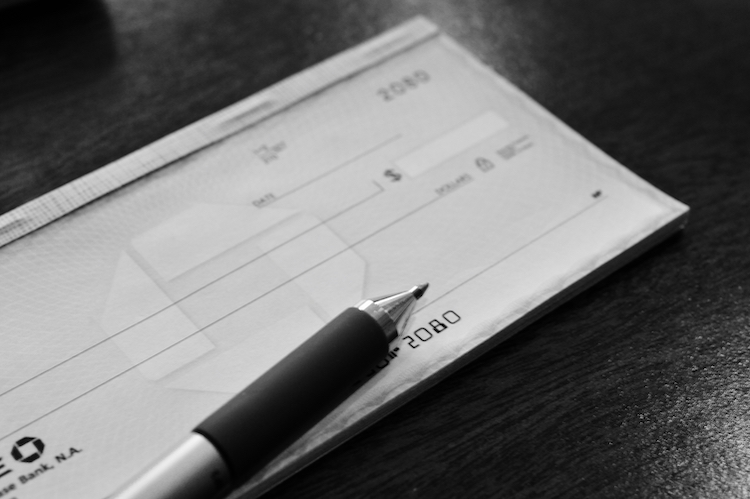Should You Get Your Teenager A Credit Card?
Parents of teens have to navigate a lot of life issues, not the least of which is financial literacy. Give your kids too much financial freedom, and they could end up not understanding and respecting the value of money; give them too little, and they could be unable to navigate the ins and outs of adult spending.
If you’ve found yourself thinking about whether to give your kids a credit card, no doubt the thought has made you consider whether it’s a good idea, a bad move, or something you just don’t want to deal with. But the truth is, building a good credit score can open the door to future endeavors such as securing a student loan for college or purchasing a new home. On the other hand, a history of bad credit (or no credit) can limit opportunities and lead to detrimental financial decisions.

Who Can Get A Credit Card?
In terms of credit, the laws stipulate that credit card issuers can give teens their first credit cards at age 18, but there are some caveats. Credit card applicants under the age of 21 must provide proof of income in order to qualify for a credit card account. In the absence of such proof, a parent or guardian must co-sign for the card.
Don’t feel the time is ready for your teen to take on their own credit? You can request that your credit card issuer add your child to your own account, thereby making him or her an authorized user. Another viable option: Consider setting up your kids with a prepaid debit card, which will limit the amount that they can spend and the amount of debt they can rack up.
Before giving the green light to your teen’s first credit card, consider the following, which could help you decide if your child is ready to break into the world of financial decisions – without breaking the bank.

Can Your Teen Handle A Checking Account And Spend Responsibly?
Some financial experts believe that children between the ages of 13 and 16 are old enough to have their own checking accounts. This type of account can help parents gauge their child’s financial responsibility. When a teen regularly puts money in a checking account and makes responsible purchases, it’s generally a good indication of fiscal readiness. Many banks provide checking accounts that offer monitoring tools for parents.
If you find your teenager shows responsibility with everyday spending, they might be ready to have their own credit card. Look for indications that they understand the importance of paying a bill on time, not spending beyond one’s means, and saving for the future. If it appears they don’t have a grasp on financial issues or that they expect you’ll bail them out of any money problems, you may want to delay letting them get a credit card.
Honesty is a significant indicator of maturity and fiscal responsibility; when teens are dishonest about money issues, it could mean they’re not yet ready for the responsibility of credit card use. Examples of dishonesty around money can include spending money you’ve given them on something other than the intended purpose, or taking money from your wallet without asking. If you notice these kinds of activities, your teen may not be in control of their own money, which could be a red flag when it comes to being ready for their first credit card.

Having Your Teen Think About Their Financial Future
Being credit-card-ready means having an understanding of – and commitment to – one’s own financial future. If your teen has indicated that they want to establish financial goals, secure their own earnings through a part-time job or side hustle, or start a savings plan, they could be ready for their own credit card.
It’s important for your teen to understand that a credit card isn’t free money, although it may feel that way initially. Explain that they don’t have to pay back all of the money on the credit card right away, but that interest will be charged on any remaining balance. They need to know that the sooner they pay the balance off, the less interest that will be owed, and the more money they’ll have to save or make additional purchases. It’s also important to explain the importance of a good credit score as well as the ins and outs of APR, lines of credit, and credit card fees.

Choose The Right Starter Credit Card
To get your teen started on the right foot credit-wise, choose a secured card that requires a deposit at the time of account opening. With this type of card, spending cannot exceed the deposit; additionally, if a bill isn’t paid, the issuer is allowed to deduct the money from the initial deposit.
You might also want to consider a student credit card, many of which come with easier approvals, lower credit limits, and customized benefits for student users. For example, the Discover ItÒ Student Cash Back card comes with no fee for the first late payment, no annual fee, and the potential to earn up to 5% cashback. What’s more, Discover will match all the cashback in the first year of usage, with no limit, and provide a free FICO credit score. And for each year the student’s GPA is 3.0 or higher, the cardholder will receive a $20 credit.
